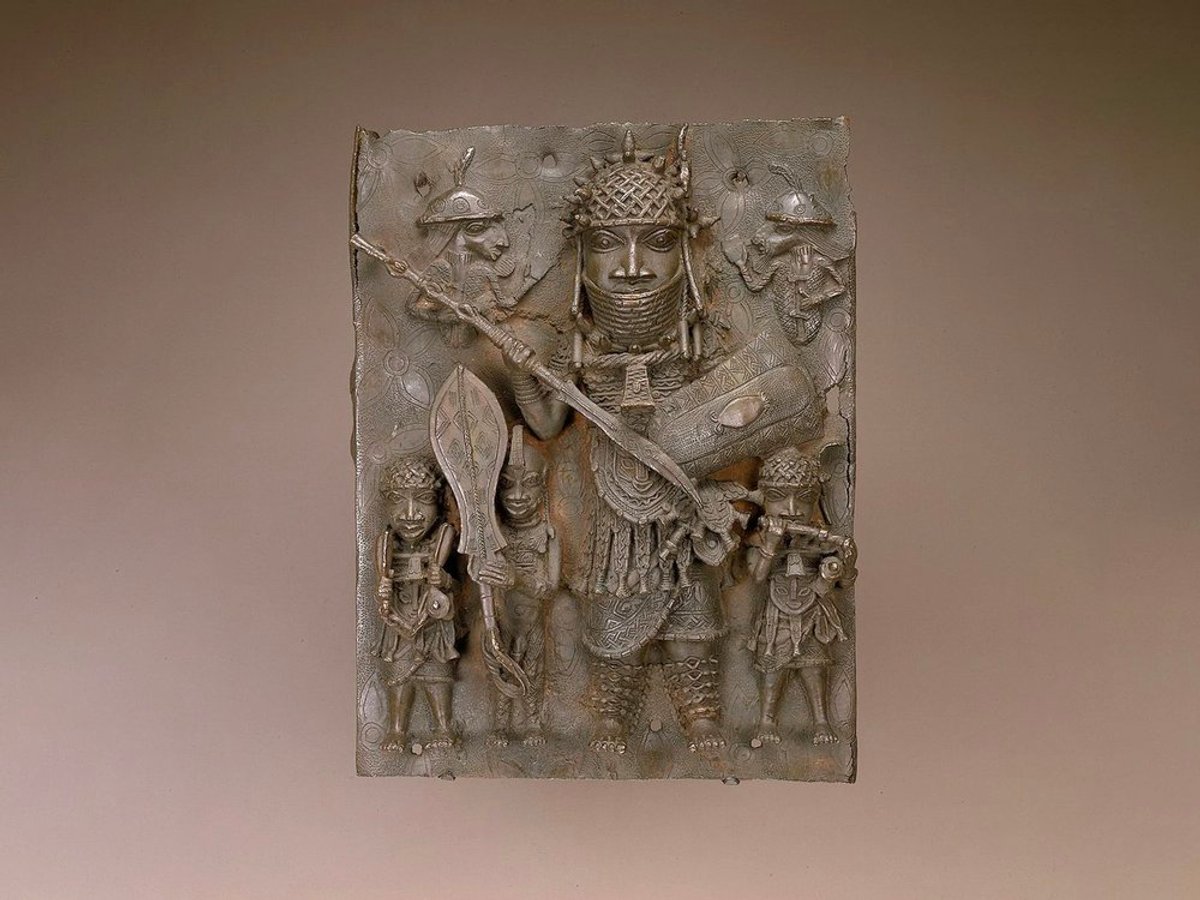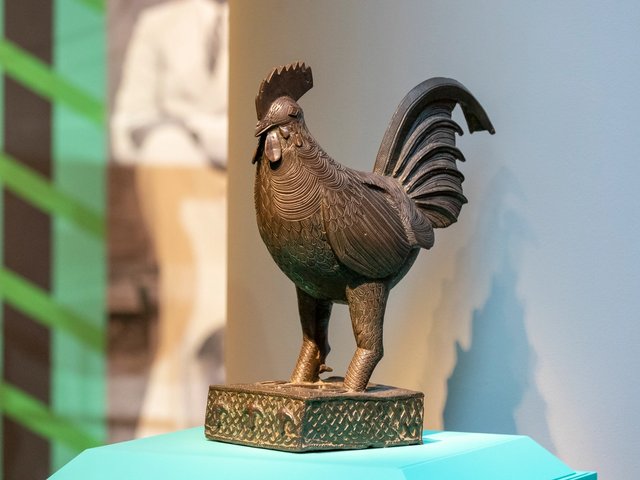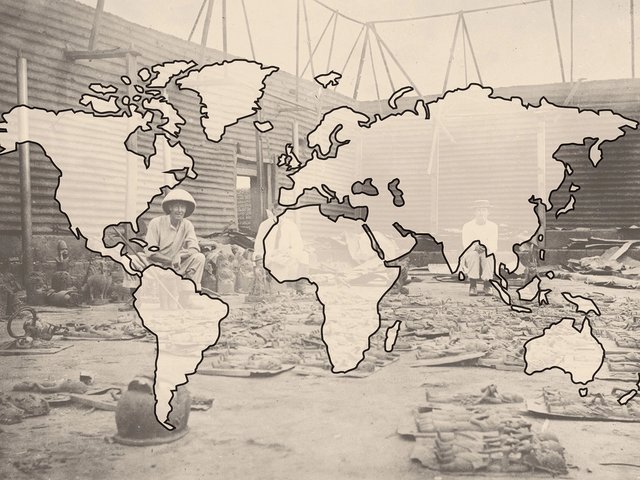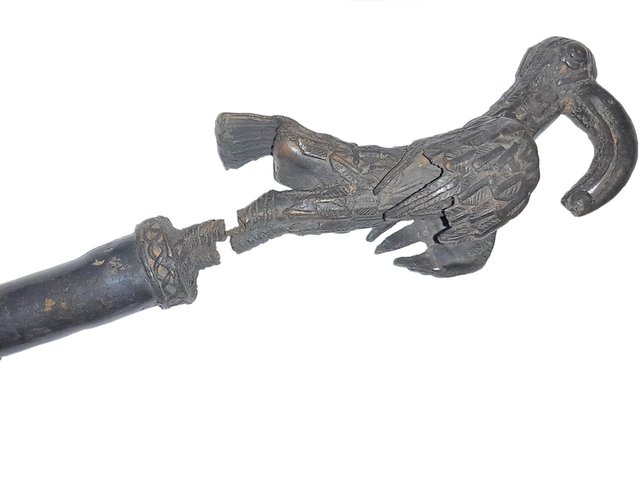The Smithsonian Institution in Washington, DC has agreed to return most of its Benin bronze collection to Nigeria as part of a major restitution agreement, putting pressure on other museums worldwide to follow suit.
According to The Washington Post, the Smithsonian will coordinate the return of the objects with Nigeria’s National Commission for Museums and Monuments (NCMM), with an agreement expected to be signed this spring. The New York Times further reports that most of the institution’s 39 bronzes will be returned to Nigeria with a Smithsonian spokeswoman pointing out that the organisation is still working to determine the provenance of some objects. Crucially, the Smithsonian Board of Regents must approve the deaccessioning of objects before they can be returned. The Smithsonian did not immediately respond to a request for comment.
Early 2021, the Smithsonian Institute’s National Museum of African Art in Washington, DC, had 21 objects from the Kingdom of Benin on display. Its online database lists 38 objects from Benin in the collection. Around half—including several plaques, commemorative heads and figures—had been traced to the British punitive expedition to Benin in 1897 when troops plundered the royal palace. Provenance research on other items is still ongoing.
The Smithsonian Benin items are due to go on show at the National Museum of Benin in Benin City but some works may remain in Washington on long-term loan from Nigeria, Kevin Gover, the undersecretary for museums and culture at the Smithsonian, told The New York Times. Joint exhibitions and education programmes form part of a long-term partnership between the Smithsonian and the NCMM. A new Ethical Returns Working Group set up by the Smithsonian is meanwhile developing an institution-wide restitution policy.
A growing number of Western museums have pledged to return artefacts in their collections that were plundered by British troops in the 1897 raid (the catch-all description “Benin bronzes” encompasses items made of ivory and brass as well as bronze). Last November, the Metropolitan Museum of Art in New York finalised the transfer of three Benin works to the NCMM.
The latest move puts the spotlight once again on the British Museum, which holds around 900 pieces from the kingdom of Benin, to return works to Nigeria. The British Museum is prohibited from permanently removing items from its collection under a 1963 UK law. It is, however, in talks with the Nigerian authorities to lend Benin objects to the planned Edo Museum of West African Art in Benin City, as part of a wider coalition of European institutions known as the Benin Dialogue Group.
Following the Smithsonian development, Dan Hicks, a curator at the Pitt Rivers Museum and professor of contemporary archaeology at the University of Oxford, tweeted: “We've seen a renewed awareness of the enduring historical connections between legacy museum collections, historic military looting, and outdated ideologies of cultural supremacy. This has led to new demands for transparency over what exactly is held and where.”





